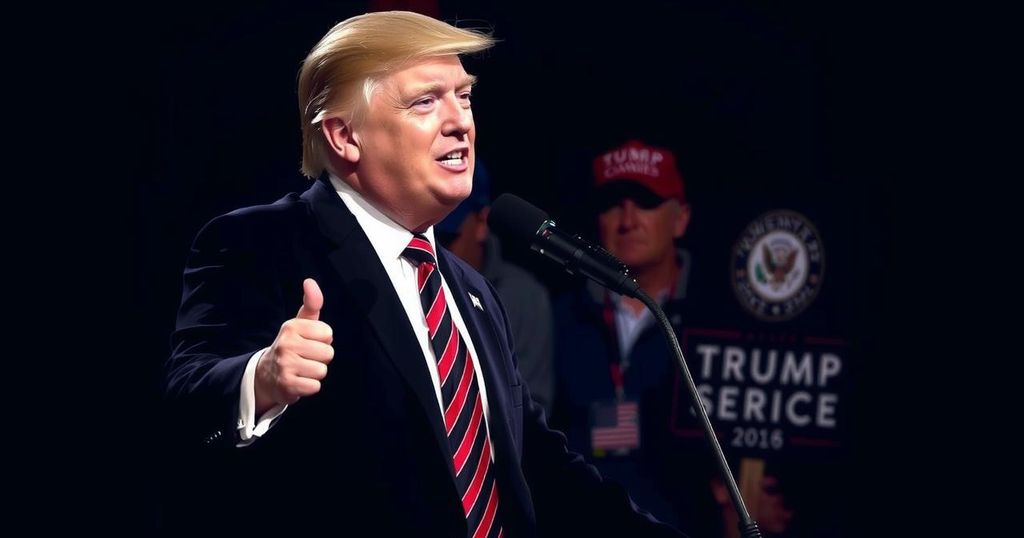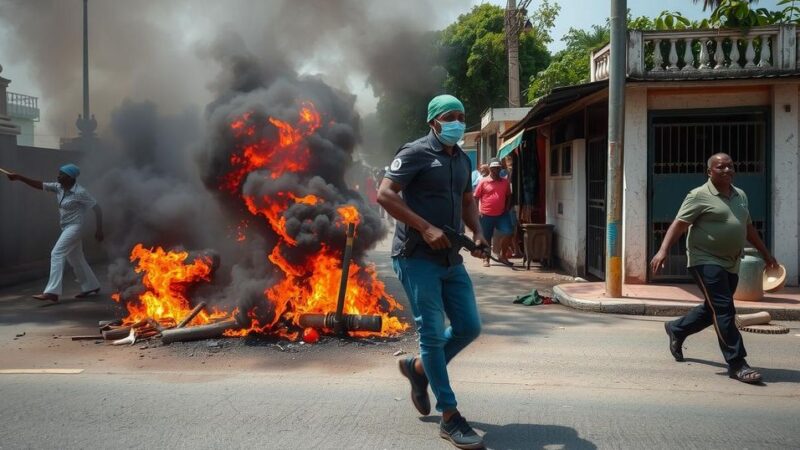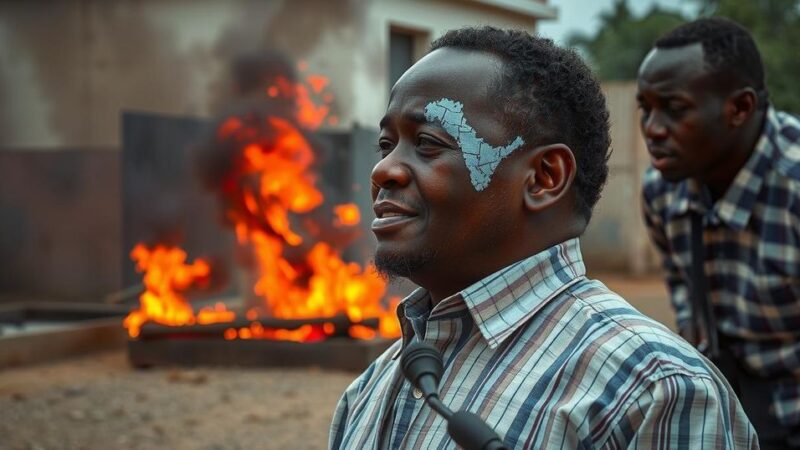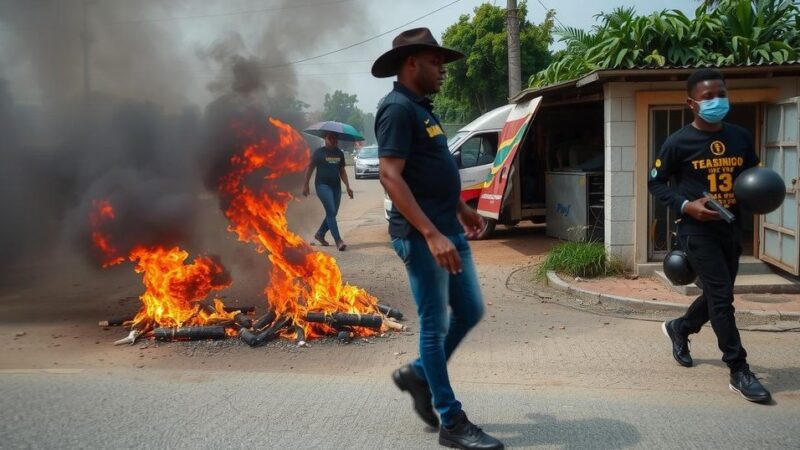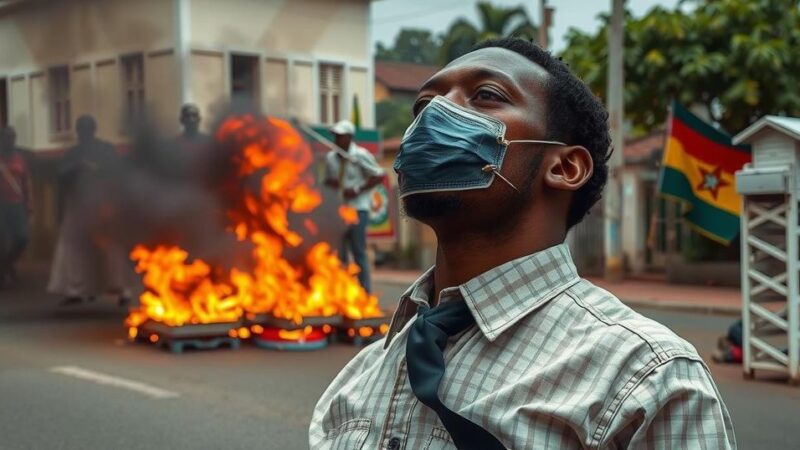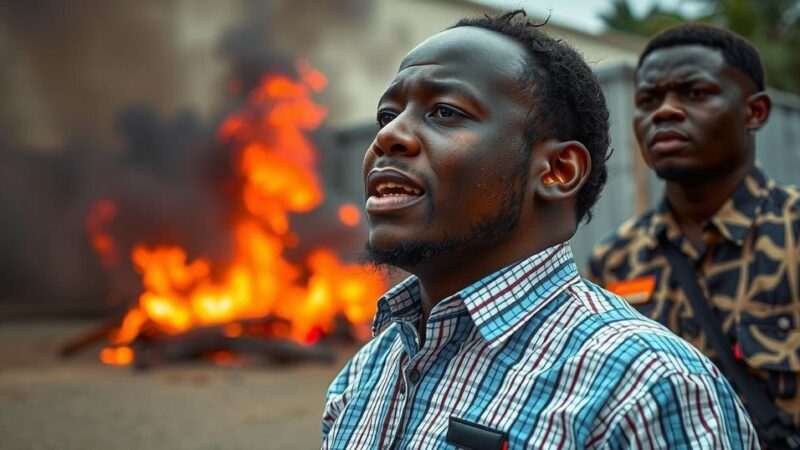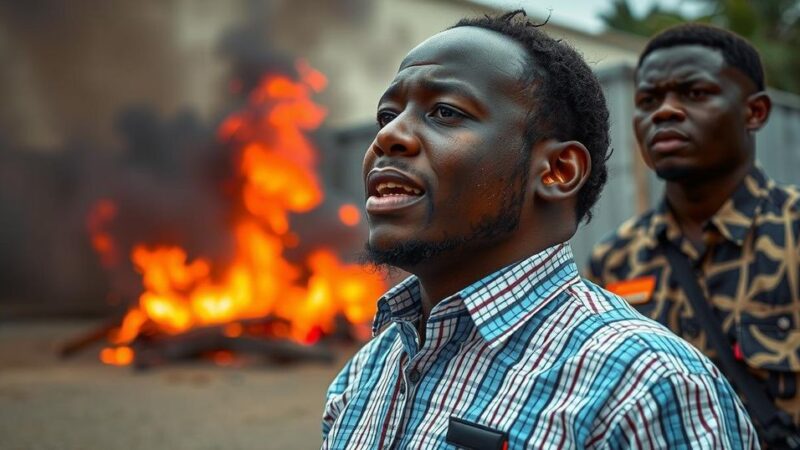Donald Trump faced backlash for derogatory remarks made during a New York rally, including comments about Puerto Rico. Kamala Harris criticized these remarks while focusing on her campaign in Michigan. The comments have prompted disapproval from both sides of the political spectrum, highlighting the significance of Puerto Rican voters in swing states as the election approaches.
Former President Donald Trump recently concluded a rally in New York City, during which he engaged in controversial rhetoric aimed at Hispanic voters, eliciting widespread condemnation. The rally included a derogatory joke made by comedian Tony Hinchcliffe, who referred to Puerto Rico as a “floating island of garbage” and made inappropriate remarks regarding Hispanic culture. This incident has drawn significant backlash from various quarters, including Democratic presidential candidate Kamala Harris, who emphasized the strengths of Puerto Ricans and their contributions to society. Harris criticized the jokes and reiterated her commitment to supporting the Puerto Rican community. In contrast, Harris is ramping up her campaign efforts in Michigan, where she is expected to advocate for manufacturing jobs and relate her economic vision to younger voters. As both candidates prepare for the final stretch of the campaign, Georgia remains a pivotal battleground where they are closely matched in polls. Hinchcliffe’s remarks have not only garnered criticism from Democrats but have also prompted a reaction from some Republicans, who disavowed such comments as inconsistent with party values. Florida Representative Maria Salazar stated her disgust over Hinchcliffe’s comments and highlighted the sacrifices made by Puerto Ricans in military service, emphasizing the need for respect and acknowledgment of their contributions. As Puerto Rican voters represent a crucial demographic in key swing states like Pennsylvania, both Trump and Harris are actively seeking their support ahead of the upcoming elections.
The 2024 US presidential election has heightened tensions surrounding race and ethnicity, particularly with regards to voting demographics. Puerto Ricans, who make up a significant voting bloc, especially in swing states, are being targeted by both major parties amid an increasingly polarized political landscape. The recent remarks made by Trump at his rally, particularly the offensive comments by a comedian affiliated with him, underscore the challenges and opportunities both candidates face in appealing to minority voters. Kalama Harris’s campaign strategies are centered around economic issues and social justice, contrasting sharply with the criticisms faced by Trump following incendiary rhetoric. This backdrop is critical as both candidates vie for support from various voter groups in a tight electoral race.
In summary, the recent rally by Donald Trump has sparked widespread outrage due to offensive comments aimed at the Hispanic community, particularly regarding Puerto Rico. As both candidates navigate the complexities of the electoral landscape, it is clear that engaging with minority voters will be crucial. The responses from political figures, including Kamala Harris and some Republicans, highlight the importance of respectful dialogue and the need to acknowledge the contributions of diverse communities, especially in battleground states where every vote will count in the upcoming election.
Original Source: www.dw.com

